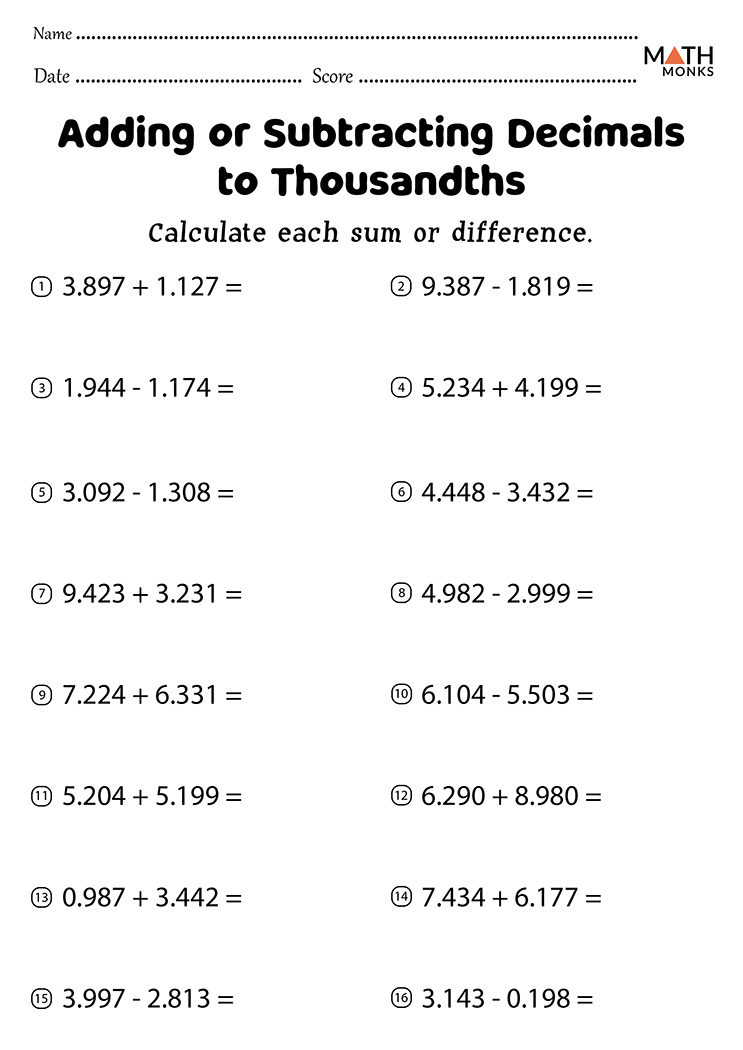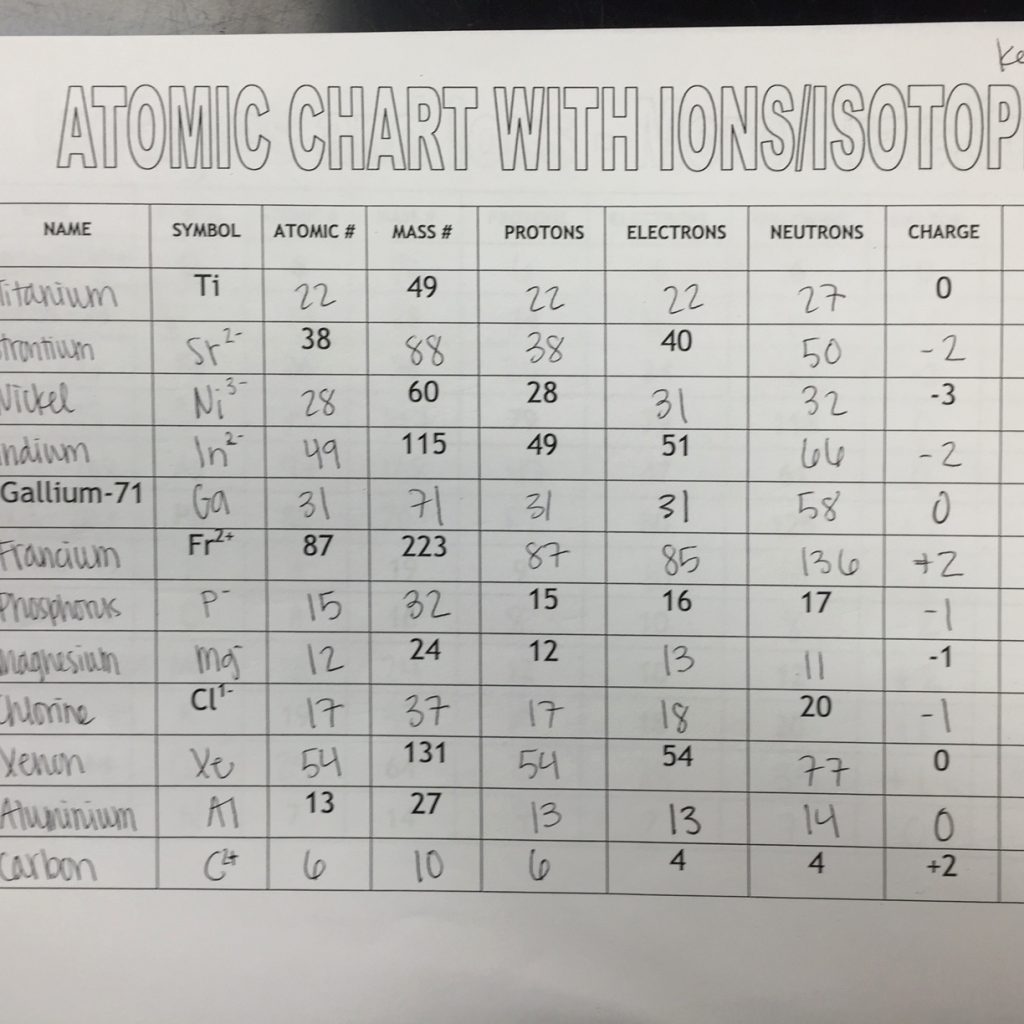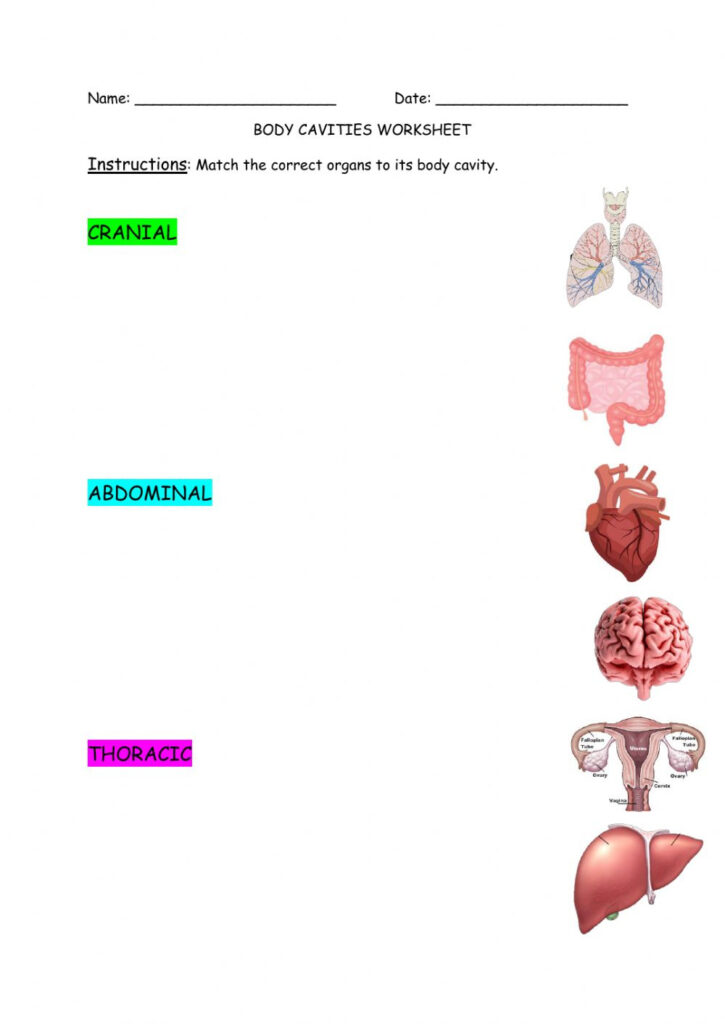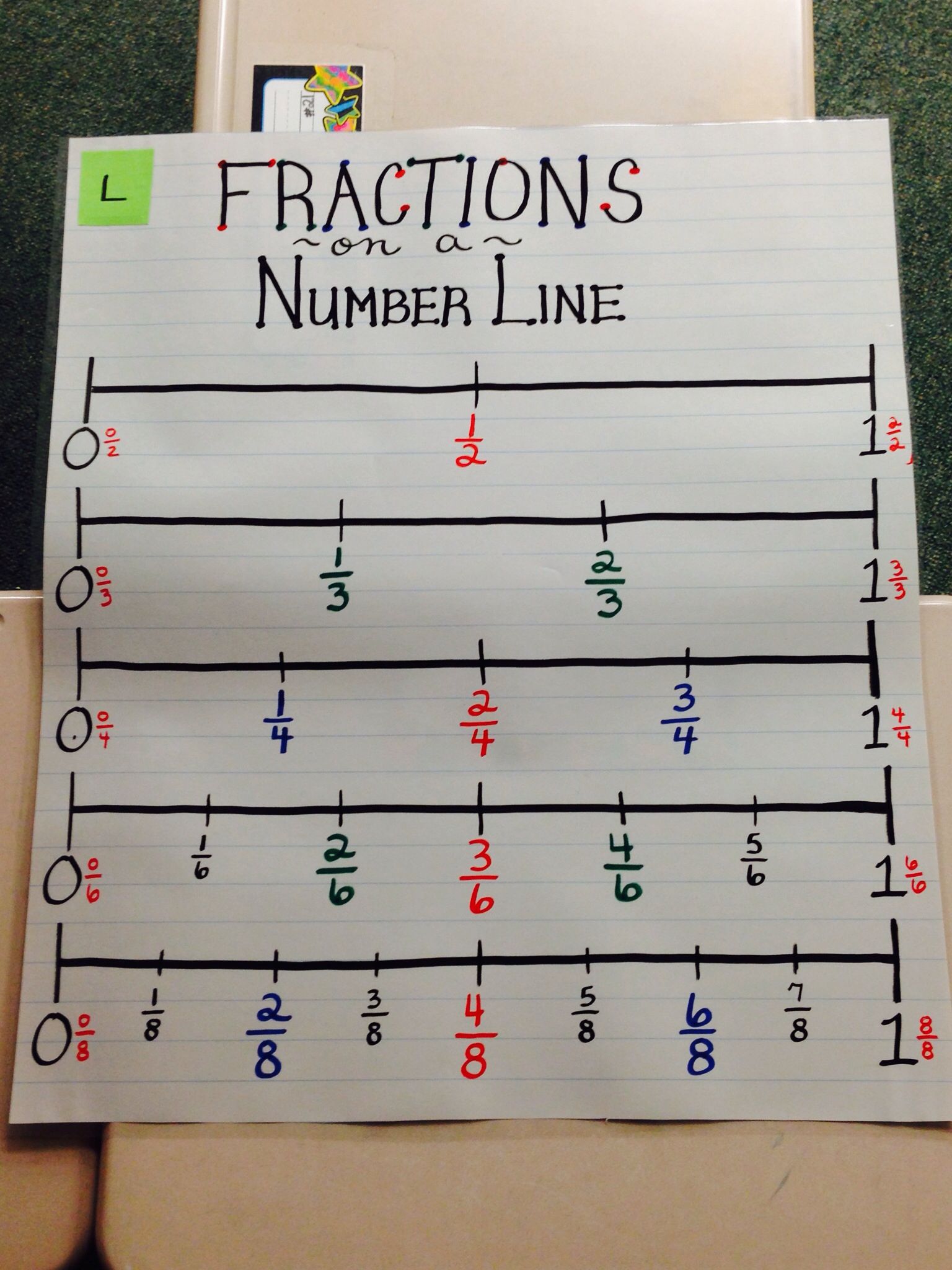7 Anxiety Worksheets for Teen Stress Relief
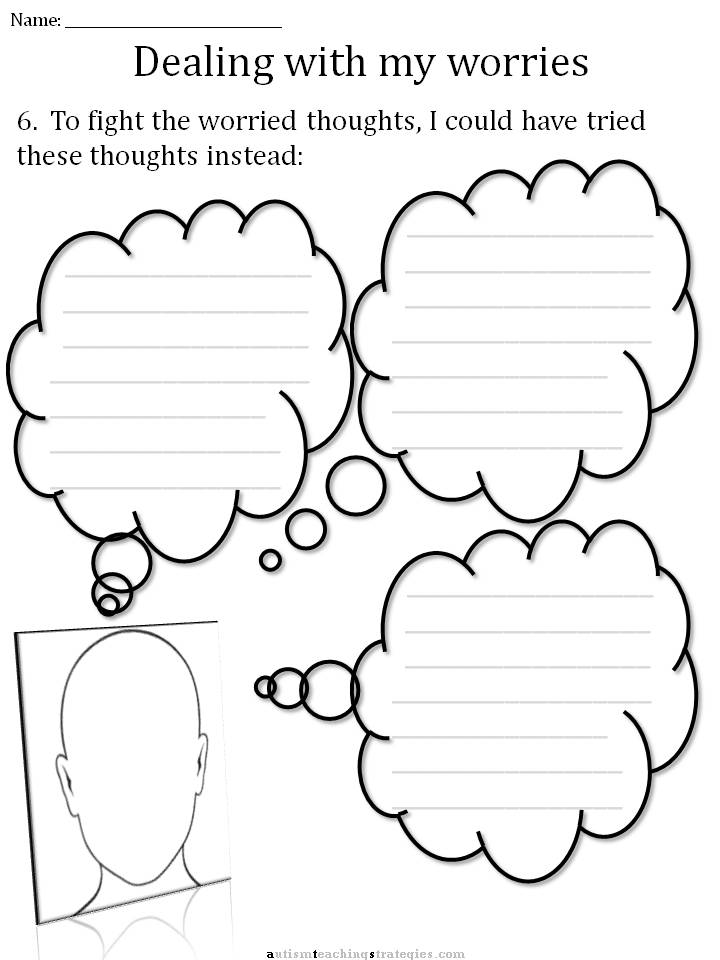
7 Anxiety Worksheets for Teen Stress Relief
As a teenager, it’s normal to feel overwhelmed by schoolwork, social pressures, and emotional changes. Anxiety can be a significant obstacle to navigating these challenges. Fortunately, anxiety worksheets can provide a valuable tool for teens to manage stress and develop coping strategies. In this article, we’ll explore seven anxiety worksheets designed specifically for teen stress relief.
Understanding Anxiety in Teens
Anxiety is a common mental health issue affecting many teenagers. It can manifest in different ways, such as:
- Fear of failure or making mistakes
- Social anxiety or feeling self-conscious
- Worrying about the future or past events
- Difficulty sleeping or concentrating
- Physical symptoms like headaches or stomachaches
Anxiety worksheets can help teens identify and address these concerns, promoting relaxation and stress reduction.
Worksheet 1: Identifying Triggers
📝 Note: This worksheet helps teens recognize situations or events that trigger anxiety.
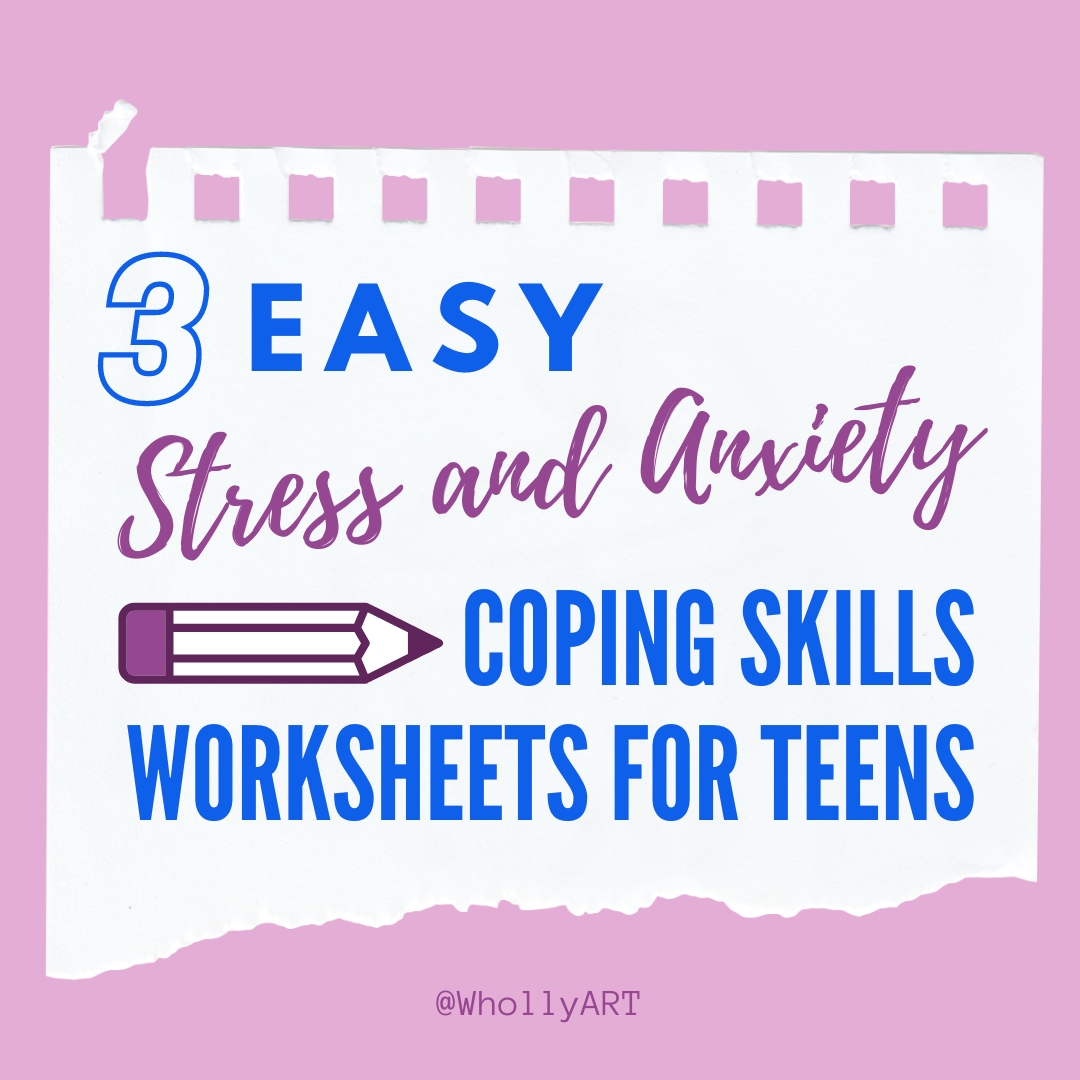
| Trigger | How it makes me feel | What I can do to cope |
|---|---|---|
| School exams | Nervous, worried | Practice relaxation techniques, review notes |
| Social media | Self-conscious, anxious | Take breaks, focus on positive interactions |
| Family conflicts | Overwhelmed, stressed | Communicate openly, seek support |
Encourage teens to fill in this table with their personal triggers and coping mechanisms.
Worksheet 2: Self-Care Checklist
Creating a self-care routine can help alleviate anxiety. This worksheet lists activities that promote relaxation and stress relief:
- Exercise (e.g., walking, yoga, sports)
- Creative pursuits (e.g., drawing, writing, music)
- Socializing (e.g., spending time with friends, family)
- Mindfulness practices (e.g., meditation, deep breathing)
- Getting enough sleep (7-9 hours)
Ask teens to check off activities they enjoy and aim to incorporate them into their daily routine.
Worksheet 3: Thought Challenging
Negative thoughts can contribute to anxiety. This worksheet helps teens challenge and reframe unhelpful thinking patterns:
| Negative Thought | Evidence for/against | Alternative Thought |
|---|---|---|
| “I’m a failure.” | No evidence, past successes | “I’ve made mistakes, but I can learn and grow.” |
| “I’m not good enough.” | Unrealistic expectations | “I’m doing my best, and that’s enough.” |
Encourage teens to fill in this table with their negative thoughts and reframe them in a more balanced, realistic way.
Worksheet 4: Feelings and Emotions
This worksheet helps teens identify and express their emotions, promoting emotional awareness and regulation:
- What am I feeling right now? (e.g., anxious, sad, angry)
- Why am I feeling this way? (e.g., specific event, general worry)
- What can I do to manage these emotions? (e.g., talk to someone, engage in a relaxing activity)
Encourage teens to explore their emotions and develop strategies for managing them.
Worksheet 5: Problem-Solving
This worksheet guides teens in breaking down problems into manageable steps:
| Problem | Goal | Steps to Achieve Goal |
|---|---|---|
| Overwhelming schoolwork | Complete homework | Break tasks into smaller chunks, prioritize tasks |
| Social anxiety | Make new friends | Join a club or group, practice social skills |
Ask teens to identify a specific problem and outline steps to address it.
Worksheet 6: Gratitude Practice
Focusing on gratitude can help shift negative thinking patterns and reduce anxiety. This worksheet encourages teens to reflect on things they’re thankful for:
- Three things I’m grateful for today:
- _____________________________________
- _____________________________________
- _____________________________________
- Why these things are important to me:
Encourage teens to practice gratitude daily, either by writing in a journal or sharing with a friend or family member.
Worksheet 7: Self-Compassion Exercise
Treating oneself with kindness and compassion can help alleviate anxiety. This worksheet guides teens in practicing self-compassion:
- What would I say to a friend in a similar situation? (e.g., “You’re doing your best.”)
- How can I offer kindness and compassion to myself? (e.g., “I’m doing my best, and that’s enough.”)
Encourage teens to practice self-compassion by writing themselves a kind letter or engaging in a self-care activity.
In conclusion, these seven anxiety worksheets offer a valuable resource for teens to manage stress and develop coping strategies. By working through these exercises, teens can gain a better understanding of their anxiety triggers, develop self-care routines, and cultivate emotional awareness and regulation.
What is anxiety, and how common is it among teens?
+Anxiety is a common mental health issue affecting many teenagers. According to the National Institute of Mental Health, approximately 31.9% of adolescents (ages 13-18) experience an anxiety disorder.
How can anxiety worksheets help teens manage stress?
+Anxiety worksheets can help teens identify and address anxiety triggers, develop coping strategies, and cultivate emotional awareness and regulation. By working through these exercises, teens can gain a better understanding of their anxiety and develop effective management techniques.
What are some additional resources for teen anxiety support?
+In addition to anxiety worksheets, teens can benefit from talking to a mental health professional, joining a support group, and engaging in relaxation techniques like meditation or deep breathing. Online resources, such as the National Alliance on Mental Illness (NAMI) and the Anxiety and Depression Association of America (ADAA), also offer valuable information and support.
